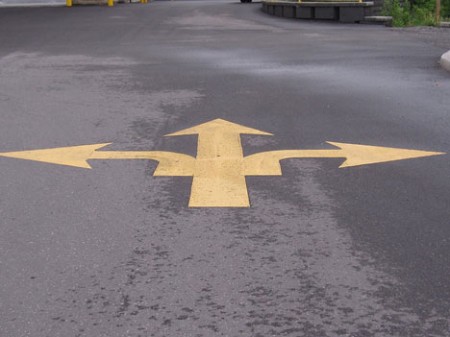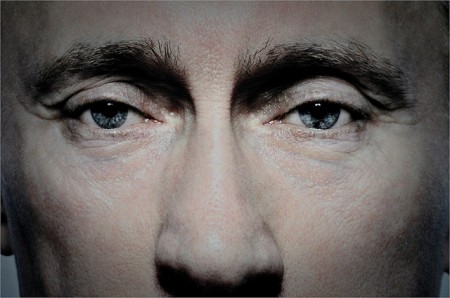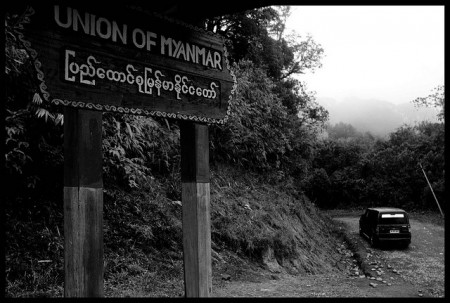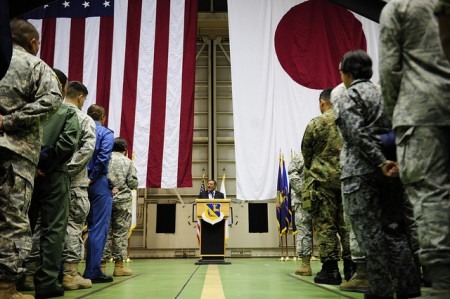
President-to-be Vladimir Putin has outlined his plans for Russia in a series of newspaper articles. The real question, however, is not what should be done but how the goals can be achieved. This question remains unanswered even after reading through Putin’s articles.
Nowadays it is common to think that Russia is already living according to new rules – although no one is able to clearly articulate what those rules are. The change is visible, however. Take, for example, the ‘Putin Plan’ – a collection of texts that served as the unofficial electoral programme in the previous presidential elections. Few people actually read anything written in that plan, yet everyone remembers the billboards that dominated the political landscape from the smallest village to the biggest cities four years ago.
This time around, Putin’s plans have been presented to the electorate in the form of newspaper articles published in the leading Russian newspapers from January through February 2012. Although Putin is expected to win the March elections, what is at stake in the campaign is the legitimacy of his third presidential term. The article writing is, of course, entirely different from holding free and fair elections, but by engaging with the public outside of the usual realm of state television, the current Prime Minister is signalling that he has got his act together; and what is more, that he has answers to the pressing questions on the future of Russia.




